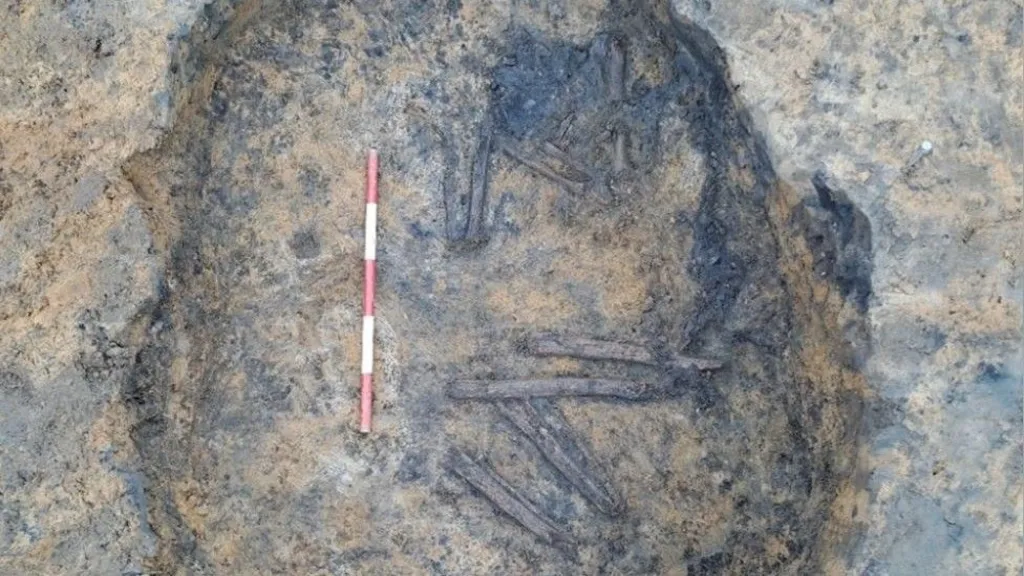
A 4,500-year-old funerary monument discovered in East Yorkshire
A 4500-year-old burial monument, along with a burnt mound and parts of a Roman road, have been discovered in East Yorkshire during fieldwork ahead of the construction of a sewer. The discovery was made by archaeologists from Ecus Archaeology for Yorkshire Water. Although the analysis part of the research has not yet begun, it seems
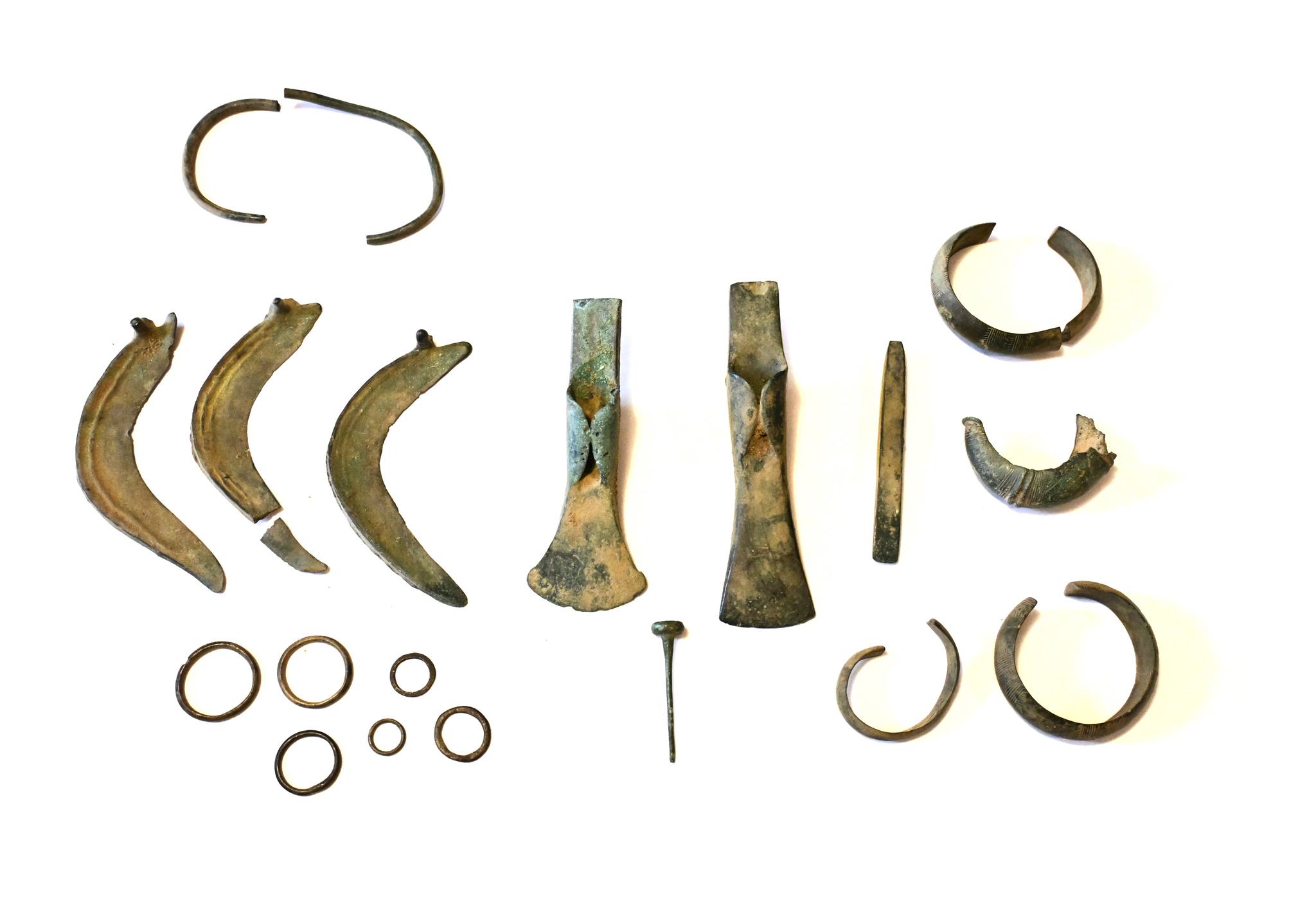
A group of Bronze Age metal objects discovered in Poland
A local metal detecting group in Poland has discovered a group of Bronze Age metal objects, including axe heads and sickles. The discovery was made in an area known as the Lynx Field, located in Słubice, western Poland. The recovered artifacts consist of three sickles, two axes, four bracelets (three with engraved decorations), six rings,
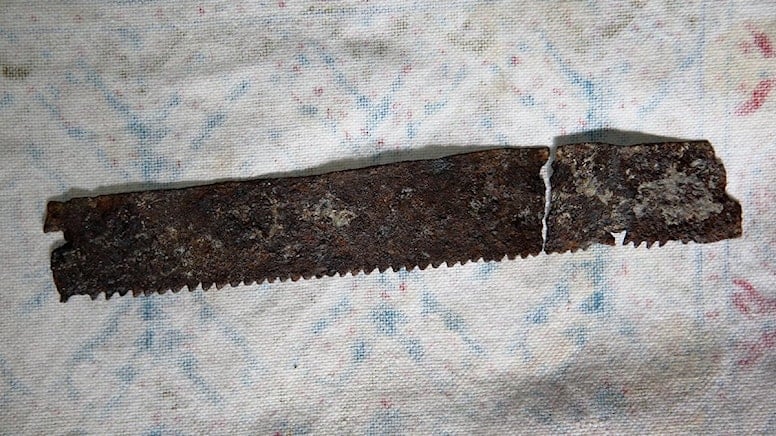
Discoveries in the Hittite capital of Hattusa never cease
Discoveries never end in Hattusa, the capital of the Hittites who founded the magnificent empire of the Bronze Age. After the piece of ivory decoration with a sphinx found last week, a 2250-year-old saw was unearthed today. Archaeological excavations in Hattusa, located in the Boğazkale district of Çorum, began in 1906 and have been conducted
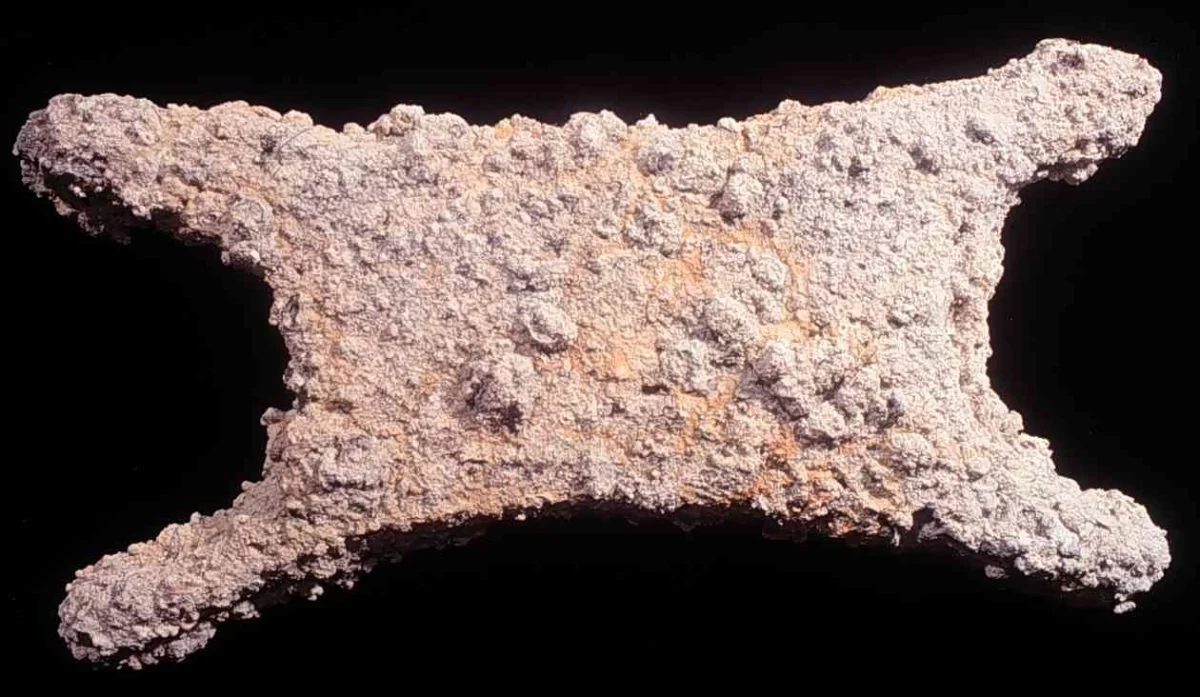
Who will solve the puzzle of the Bronze Age tin?
The origin of the tin used to make Bronze Age swords, helmets, bracelets, plates, and pitchers has been a topic of discussion among experts for 150 years. Discovering the sources of tin can provide extensive insights into early trade relations between Central Asia, Mesopotamia, North Africa, the Levant, and Europe, and thus shed light on
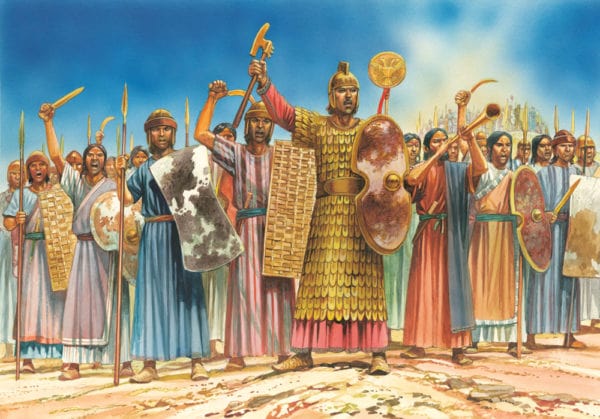
How did the non-seafaring Hittites of the Bronze Age maintain control over Eastern Mediterranean trade?
During the Bronze Age, Anatolia possessed significant overland trade routes. The trade colonies established by Assyrian merchants formed the main arteries of trade in the 2nd millennium BC. These Assyrian traders transported goods from Mesopotamia to the western reaches of Anatolia through trade routes, contributing to the development of commerce. Notably, the Assyrian traders not
